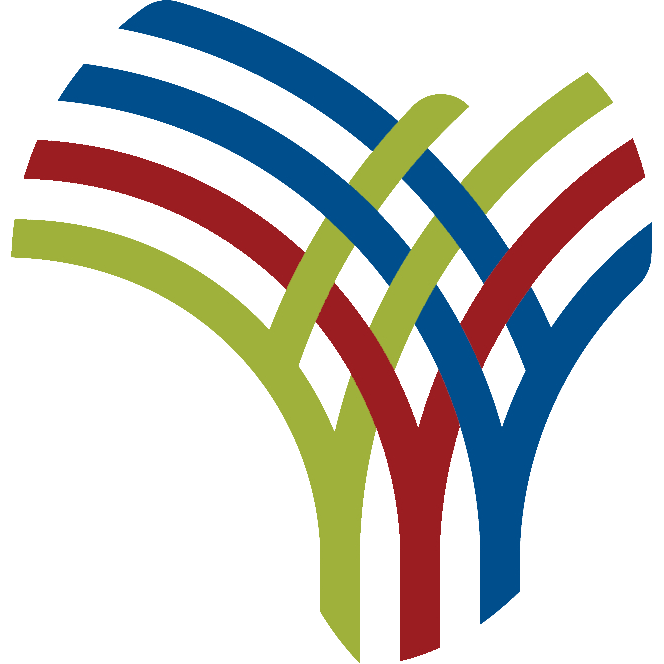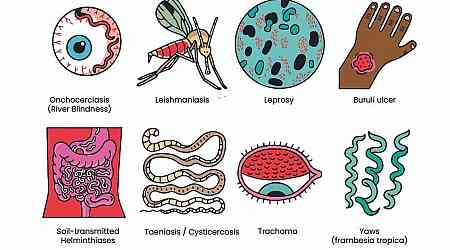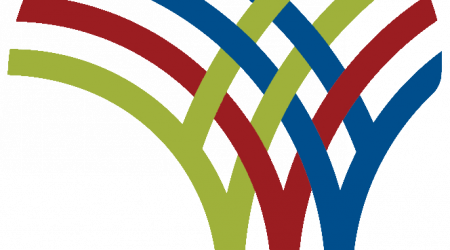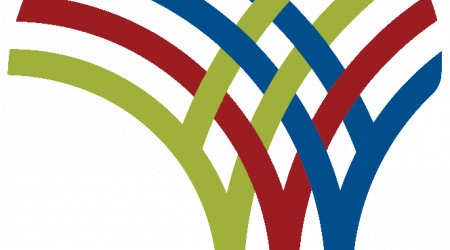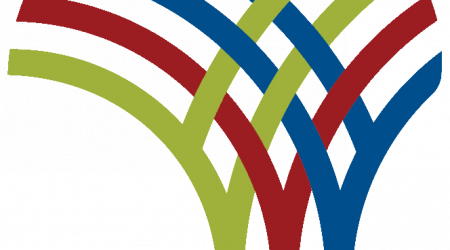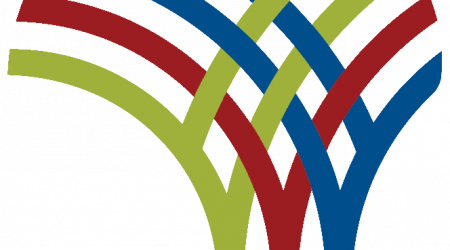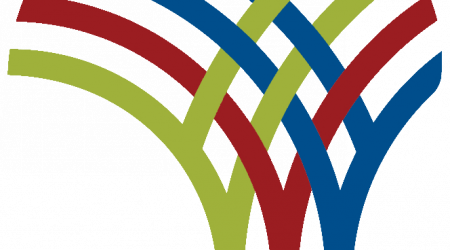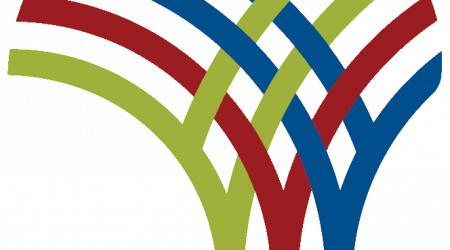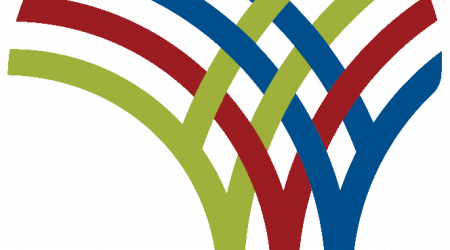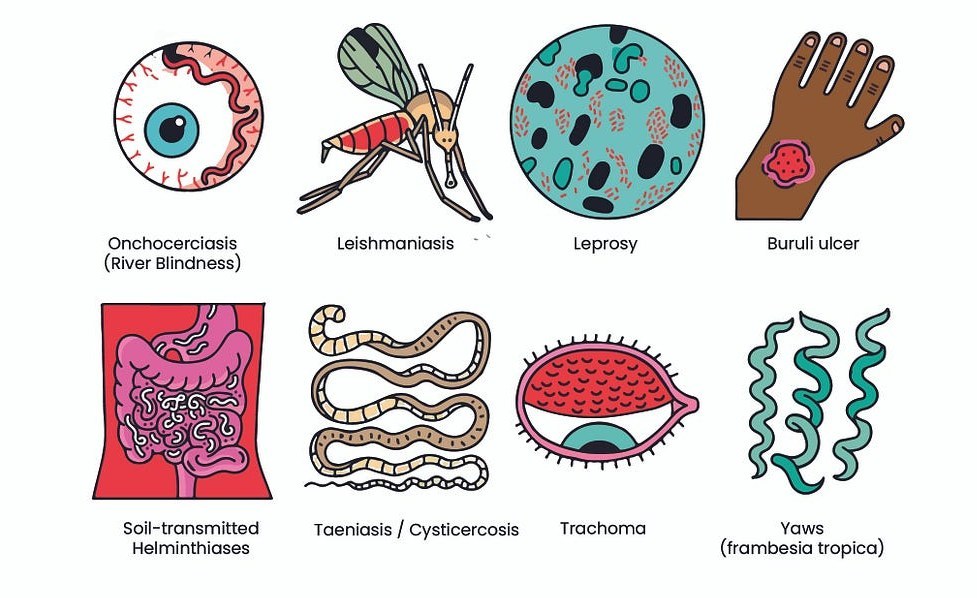Chair, members of the committee, dear colleagues and friends,
Good morning, good afternoon and good evening, and thank you all for joining us for this first extraordinary meeting of this Committee, which we have convened following my declaration yesterday of a public health emergency of international concern over the upsurge of mpox in Africa.
The Emergency Committee is currently working on temporary recommendations, which we will issue in the coming days, to provide guidance to address the acute risk of mpox in countries affected by, or at risk of, the disease.
In addition, I have extended for another year the standing recommendations that I issued when I declared an end to the previous mpox PHEIC last year. Those recommendations provide more general guidance to address the chronic risk of mpox globally.
Meanwhile, we are pleased to provide you with a briefing on the reasons for my declaration, and what we are doing to support countries to prepare for, prevent and respond to outbreaks of mpox.
So far this year, 15 664 cases of mpox, with 537 deaths, have been reported in the Democratic Republic of the Congo alone, already exceeding last year's total, which was itself a record.
The upsurge in DRC is being driven by two separate outbreaks of two strains, or clades of the virus that causes mpox.
The first is an outbreak in northwestern DRC of what was previously known as clade 1, now called clade 1a, which is endemic in that part of the country. This outbreak is primarily affecting children and is spread through multiple modes of transmission.
The second is an outbreak in northeastern DRC of a new offshoot of clade 1 called clade 1b, which was first detected in September last year and is spreading rapidly, mainly through sexual transmission among adults.
In the past month, more than 100 cases of clade 1b have also been reported in four countries neighbouring DRC which had not reported mpox before: Burundi, Kenya, Rwanda and Uganda.
The rapid spread of clade 1b, and its detection in neighbouring countries, are the main reasons for my decision to declare a public health emergency of international concern.
But clade 1b is not our only concern. Cases of clade 1a have also been reported this year in the Central African Republic and the Republic of Congo, while clade 2 has been reported in Cameroon, Côte d'Ivoire, Liberia, Nigeria and South Africa.
Both clade 1a and 1b cause more severe disease than clade 2, which caused the global outbreak of mpox over which I declared a public health emergency of international concern in 2022.
It's a complex picture, and responding to each of these outbreaks, and bringing them under control, will require a complex, comprehensive and coordinated international response.
WHO is working with the affected countries, and others at risk, through our country and regional offices, as well as with partners including the Africa CDC, NGOs, civil society and more.
For example, we are providing machines and supplies to test samples and confirm cases of mpox;
We're supporting laboratories to sequence viral samples;
We're on the ground supporting case investigation and contact tracing, risk communication and community engagement;
We're training health workers and supporting clinicians to provide appropriate care;
We're supporting countries to access vaccines and develop the strategies to roll them out;
And much more.
To fund this work, WHO has developed a regional response plan, requiring an initial US$ 15 million.
It is likely that amount will increase as we update the plan in light of growing needs.
We have released about US$ 1.5 million from the WHO Contingency Fund for Emergencies, and we plan to release more in the coming days. We are also appealing to donors to fund the rest of the response plan.
WHO is committed in the days and weeks ahead to coordinate the global response, working closely with each of the affected countries, and leveraging our on-the-ground presence, to prevent transmission, treat those infected, and save lives.
Thank you all for your commitment. We look forward to your questions, comments and advice.


















